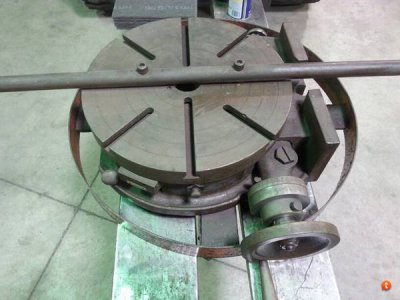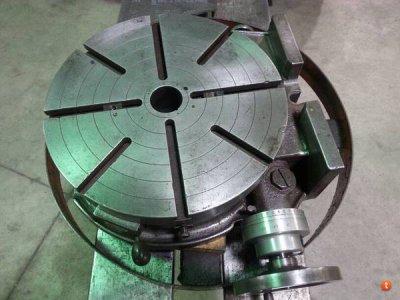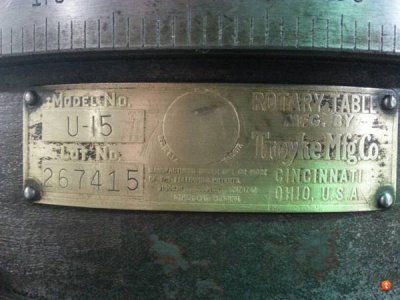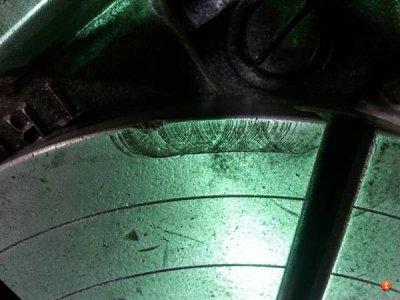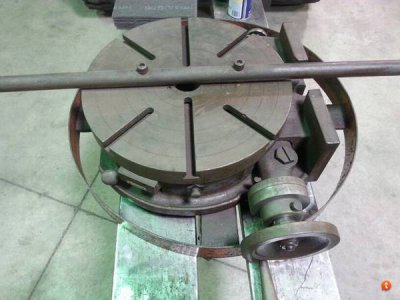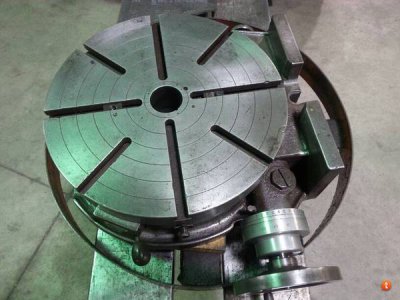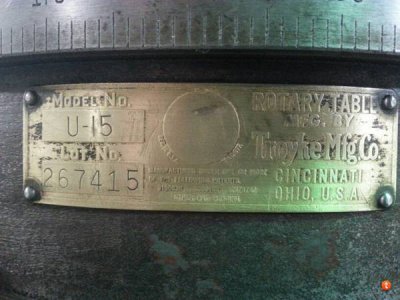F
f350ca
Forum Guest
Register Today
I just finished cleaning up a cast iron blower off a forge with molasses. Not fast but worked well and apparently doesn't touch the base metal. Here's a link to the discussion http://www.hobby-machinist.com/showthread.php/19517-Rust-removal-by-Electolysis/page2

